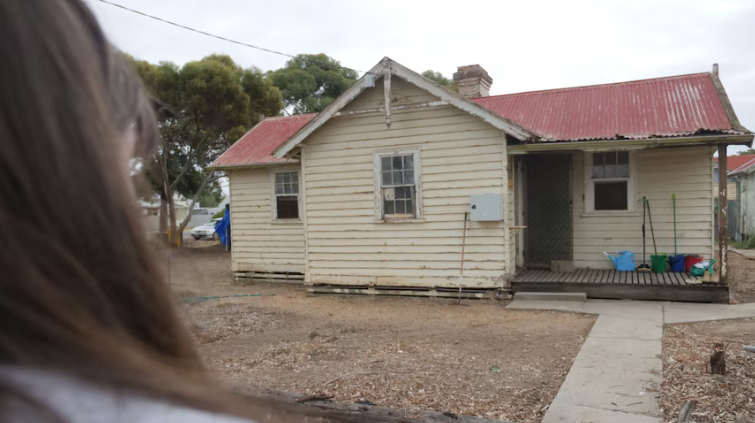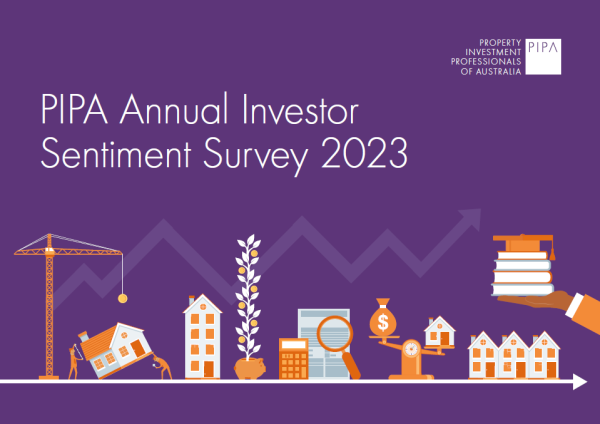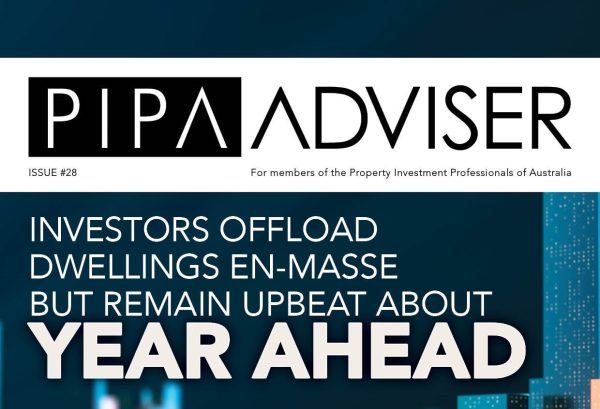First home buyer tips: Planning for your mortgage
May 2021Karen Millers
Categories
Location ReportsMedia releasesNational market updatesPersonal advisersPIPA AdviserPIPA Annual Investor Sentiment SurveysPIPA Member ProfilesPIPA video updatesPIPA webinarsPodcastsProperty advisersProperty newsLatest Articles
Warracknabeal home buyer finds home in filthy state after buying property online
Location Report – City of Geraldton
Which property cycle are we in?
Rent rises ease but crisis’ link to population density found to be tenuous
Jordan van den Berg: The ‘Robin Hood’ TikToker taking on Australian landlords
If you’re thinking about buying your first home, it can pay to start thinking about applying for a loan early. Here are tips to help with the process.
Congratulations on planning on buying your first home! As they say, forewarned is to be forearmed and, with most things, the more you plan the better the outcome. This is no different when it comes to applying for your first mortgage. The more planning and preparation you do, the better the outcome and less stressful the home loan application process is likely to be. I recommend planning for your mortgage at least six months in advance. Here are my tips to help you with the planning process.
Understand what the banks look for
When assessing your eligibility, banks look at a number of factors including income, employment, security and your credit history.
Income and employment
Lenders want applicants in stable roles, meaning either employed or running their own (profitable) business. If employed, salaried positions are treated as very stable and if you’re no longer on probation, generally lenders consider all of your salary.
Variable type income sources such as bonuses and commission income, though, are often shaded back by 20% or so. To demonstrate this income, salary payslips and matching credits to your bank accounts are often requested.
Don’t stress if you’re not employed in a full-time position, though, as many lenders will lend money to those in casual employment. In this situation, a lender will generally want to see a stable history over a period of a few months to ensure it’s consistent and likely to continue.
If you’re self-employed, having had the business for at least two years and it’s profitable will provide most lenders comfort. In this situation, lenders will want to see your tax returns, financial statements, and individual tax returns for a consecutive two-year period. This means you will need to ensure your books are up-to-date and accurate. There are some options, though, for business owners where these documents or timeframes aren’t available.
If you receive a pension, carers payment, family tax benefit or other government benefits, these can often assist with your assessment if you provide relevant documentation.
Security
The level of security lenders will be looking for will depend on how much you are borrowing against either a purchase price or valuation. For standard residential homes, units and townhouses, most lenders will see these types of properties favourably and lend at a higher loan-to-value ratio (LVR). LVR is how lenders describe the amount you need to borrow to buy a particular property. In a nutshell, it’s the amount you need to borrow, calculated as a percentage of the property’s lender-assessed value.
Unusual or non-standard type properties can generally still be financed, but often come with a lower LVR. Examples may be rural property, bedsitter/studio apartments, units in high-density postcodes, company title properties and luxury residential properties.
Credit history
Your credit history plays a large role in your application, either through a credit score, manual assessment based on your credit history, or internal scoring. If you have been bankrupt, had defaults, missed a number of repayments, been late with repayments etc, speak to your mortgage broker about this before putting in an application to ensure your suitability for a specific lender.
Similarly, having a number of unused credit cards or facilities can work against your borrowing capacity. Whilst paying your card balance off every month is sound money management, most lenders see a credit limit rather than a balance as the amount you have easy access to. Even if you’ve never used a card with a $10,000 limit, the lender will still use the $10,000 rather than $0 in their assumptions. If you’re looking to maximise your borrowing capacity, look to close or reduce these limits as much as you can and get letters or evidence from the card provider.
How to clean up your accounts
It is a good idea to clean up your accounts so that you can be in the best position for your application. Firstly, go through your transaction and credit card statements over a period of three months to see what you’re spending your money on, what subscriptions are in place, and any unnecessary or one-off type transactions.
Secondly, set yourself a budget based on your desired loan repayment amount and stick to it. This will assist you in knowing if you can afford the loan you desire and start to demonstrate a history of saving/spending habits. Budgets can be done manually, via apps, using spreadsheets, or even web-based tracking that can categorise all of your spending to various categories.
Be ruthless with what is necessary and what is ‘nice to have’ with your expenses a number of months prior to any application. Do you really need that Spotify Premium account and do you really need both Stan and Netflix for these few months? Reducing your monthly expenses as much as possible will help you immensely in obtaining that home loan.
Prove you can afford your repayments
One thing I advise to those looking to apply for a home loan, is to work out what size loan you will need. Then set a placeholder of 4%-5% interest rate to allow for any interest rate rises in the months or years ahead.
You can find many online calculators where you set the term of the loan, the size of the loan, and the interest rate to give you an estimated monthly repayment amount. This can give you an indication of what your repayments would be, not just now, but if rates rise in the months ahead.
For example, if you are renting and your loan repayments are likely to be an extra $500 per month, set up a bank account for this $500 to go in to as soon as you’re paid to ensure that you have enough left in your other accounts by the time your next monthly paycheque arrives. Think of this as a trial run. It will also help make you look good to lenders.
Set goals
Goal setting can be really helpful in getting ready for your loan application, as well as for building savings. Setting a realistic figure that provides you the flexibility to enjoy life, while also keeping money aside for the likely monthly repayments, will ensure that you are ready when you’ve been approved and are paying your home loan those first two to three months.
Setting yourself a budget and working to a particular financial scenario for a few months will give you a realistic expectation of what your lifestyle will be like once you have a mortgage – just don’t forget to add in your other monthly bills.
About Marcus Roberts
Marcus Roberts is the founder of Brighter Finance. He has close to 20 years experience in banking and financial services and also works as a director, podcaster and speaker. He is a member of MFAA and Property Investment Professionals of Australia (PIPA).
Marcus Roberts, Canstar, 31 May 2021
https://www.canstar.com.au/home-loans/planning-for-mortgage/





